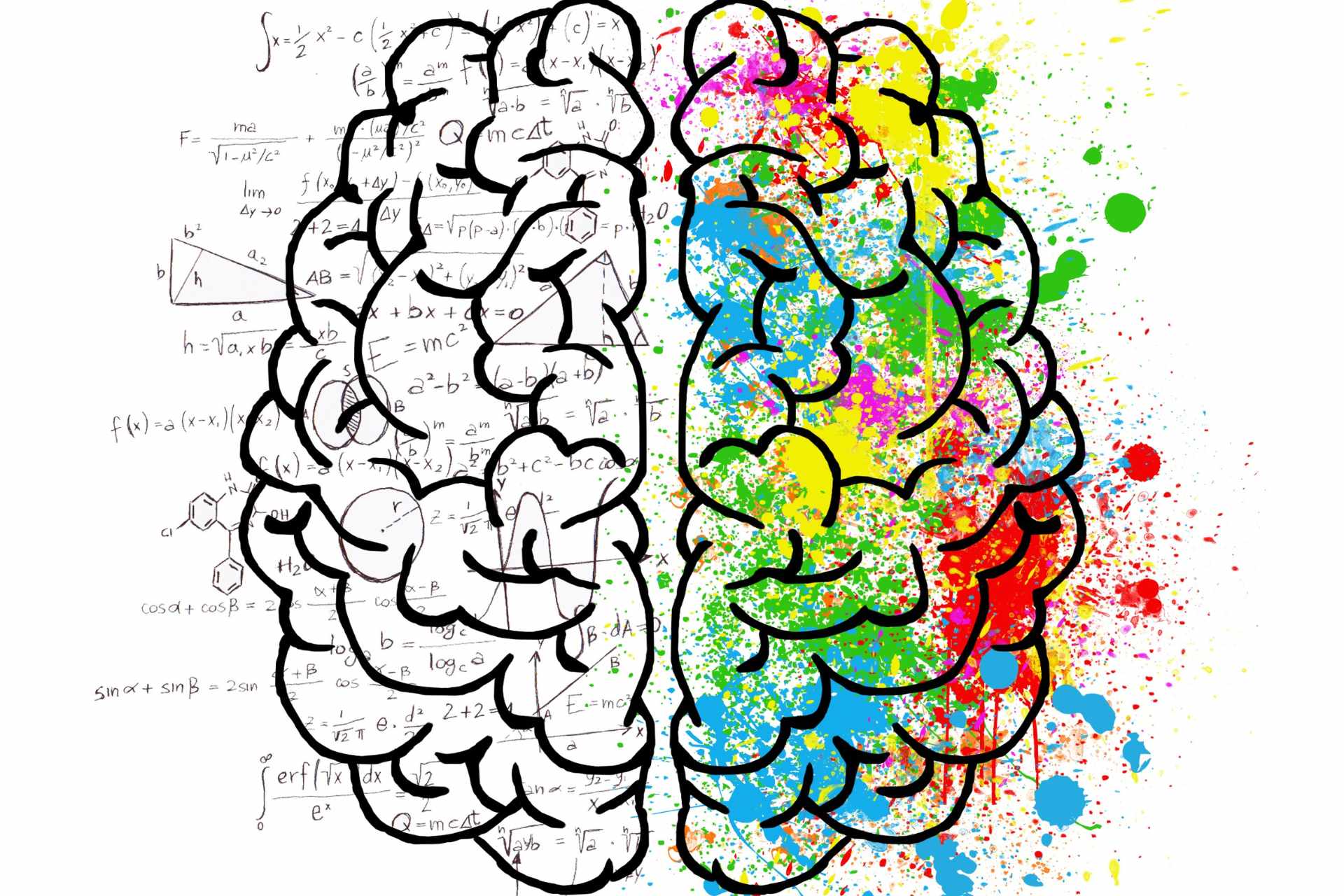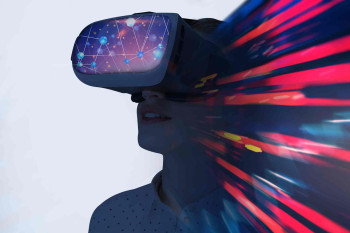Technology's Impact on Memory
In today's fast-paced digital age, technology has become an integral part of our lives. From smartphones to computers, we rely on various technological devices to perform daily tasks, communicate with others, and access information. While technology has undoubtedly brought numerous benefits and advancements, there is a growing concern about its impact on human memory.
This article explores the relationship between technology and memory, delving into its effects, potential benefits, and challenges.
The Evolution of Technology: A Double-Edged Sword
As technology continues to evolve, so does its influence on our memory. On one hand, technological advancements have made information more accessible than ever before. With just a few taps on a smartphone or clicks on a computer, we can instantly retrieve vast amounts of data. This easy access to information has the potential to enhance our memory capacity and cognitive abilities.
The Benefits of Digital Devices in Memory Recall
Digital devices, such as smartphones and tablets, have become our digital companions, offering a wealth of information at our fingertips. When faced with a question or a memory lapse, we can quickly search for answers online. This ability to access information instantaneously can serve as an external memory aid, supporting our cognitive processes and improving memory recall.
The Rise of Educational Technology
Technology has also made its mark in the field of education. Interactive educational platforms, online courses, and digital learning tools have revolutionized the way we acquire knowledge. These technologies offer engaging and interactive learning experiences, incorporating multimedia elements and adaptive learning techniques. By leveraging these tools, students can enhance their retention and recall of information, making the learning process more efficient and effective.
The Dark Side of Digital Distractions
While technology provides us with unprecedented access to information, it also presents numerous distractions that can hinder our memory and cognitive abilities. With the constant influx of notifications, emails, and social media updates, it is becoming increasingly challenging to maintain focus and concentration.
Multitasking: Friend or Foe?
Multitasking, a common practice in the digital era, involves engaging in multiple activities simultaneously. However, research suggests that multitasking can have detrimental effects on memory and cognitive performance. When we switch between tasks, our attention becomes divided, leading to reduced efficiency and decreased memory retention. The constant distractions posed by technology can make it difficult to concentrate on important information, impairing our ability to remember and recall it later.
The "Google Effect" and External Memory
The widespread availability of search engines like Google has led to what is known as the "Google Effect." When we know that information is readily available online, we are less likely to commit it to memory. Instead of memorizing facts or details, we rely on the internet as an external memory storage system. While this reliance on external memory aids may increase efficiency, it can also lead to a decline in our own memory abilities.
Technology's Impact on Cognitive Functions
Technology's impact on memory extends beyond mere information retrieval. It also affects our cognitive functions and the way we process and store information.
Attention Span and Deep Processing
The constant exposure to digital stimuli has been linked to a decrease in attention span. With an abundance of information available at our fingertips, we have become accustomed to quickly scanning and skimming through content. This shift in reading habits can hinder deep processing, which is essential for encoding information into long-term memory. The shallower processing associated with rapid content consumption may lead to reduced memory consolidation and recall.
Neuroplasticity and Brain Adaptation
The human brain is remarkably adaptable and exhibits neuroplasticity—the ability to reorganize its neural connections in response to experiences and stimuli. Technology use can influence the brain's structure and function, potentially altering memory processes. While research in this area is still ongoing, studies suggest that excessive screen time and prolonged technology use may have an impact on cognitive functions, including memory.
FAQs
Q: Does technology negatively impact memory in all cases?
A: Technology's impact on memory is not entirely negative. It depends on various factors, including the type and extent of technology use. While excessive screen time and constant distractions can hinder memory performance, the judicious use of technology, such as using educational apps or digital memory aids, can have positive effects on memory recall and cognitive abilities.
Q: Are there any strategies to mitigate the negative impact of technology on memory?
A: Yes, there are strategies that can help minimize the negative impact of technology on memory. These include setting boundaries on technology use, practicing focused attention techniques, engaging in offline activities that promote cognitive stimulation, and adopting mindful technology consumption habits.
Q: Can technology be used to improve memory skills?
A: Yes, technology can be harnessed to improve memory skills. There are various memory-enhancing apps and tools available that utilize scientifically proven techniques such as spaced repetition and mnemonic devices. These tools can aid in memory training and strengthening cognitive functions.
Q: How can one strike a balance between technology use and memory enhancement?
A: Striking a balance between technology use and memory enhancement involves conscious and intentional integration of technology into our lives. It is essential to establish healthy technology habits, allocate dedicated time for focused learning without distractions, and engage in offline activities that promote memory retention and cognitive growth.
Q: Can technology dependence lead to memory decline in older adults?
A: While technology can provide cognitive benefits to older adults, excessive dependence on technology may contribute to memory decline. It is crucial for older adults to engage in a variety of cognitive activities, both online and offline, to maintain cognitive vitality and prevent memory deterioration.
Q: What does the future hold for technology's impact on memory?
A: As technology continues to evolve, so will its impact on memory. With ongoing research and advancements in the field of cognitive neuroscience, we can expect the development of innovative technologies designed to enhance memory, improve cognitive functions, and mitigate the potential negative effects of technology on memory performance.
Conclusion
Technology's impact on memory is a complex and multifaceted phenomenon. While it offers numerous benefits, such as easy access to information and interactive learning experiences, it also poses challenges, including distractions and reduced attention span.
Striking a balance between technology use and memory enhancement is crucial for maximizing the benefits while minimizing the drawbacks. By understanding the intricate relationship between technology and memory, we can make informed choices and leverage technology's potential to augment our cognitive abilities.

























